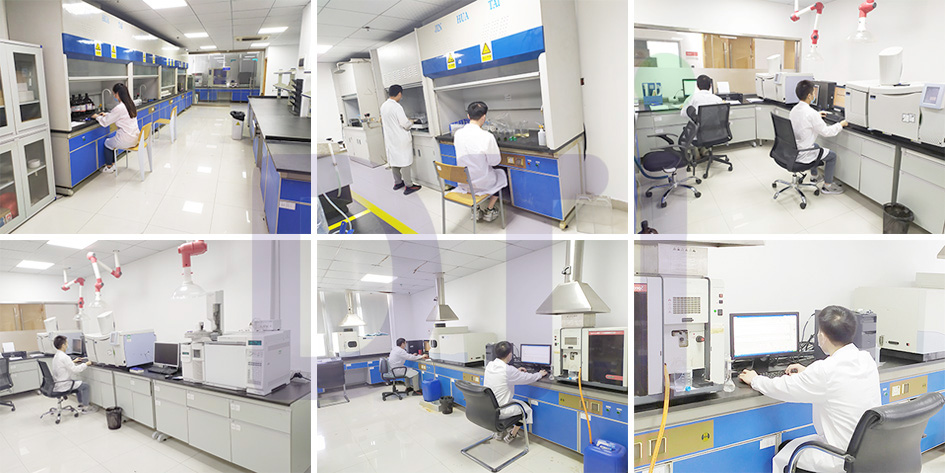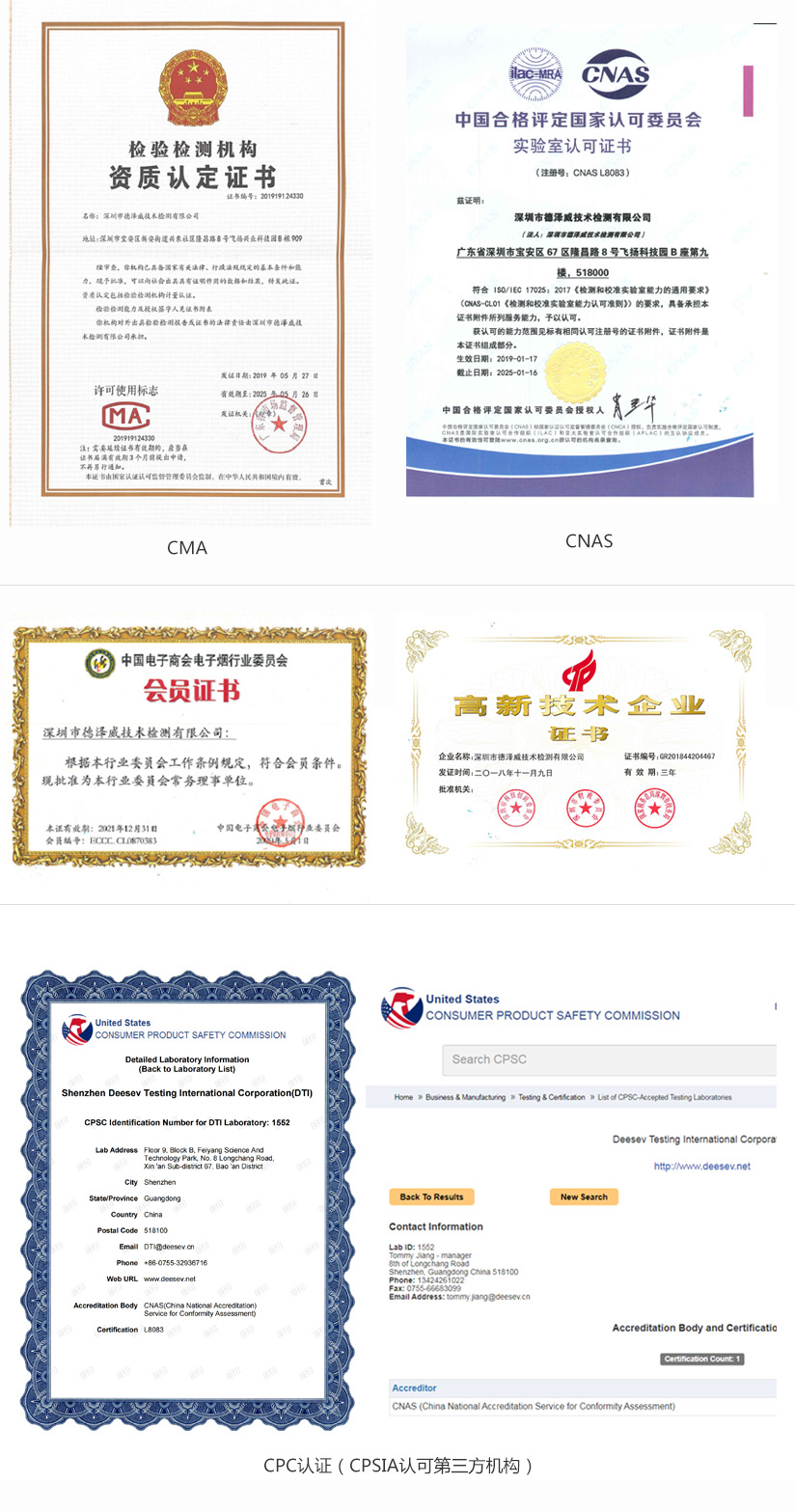- Add to favorite
- Wechat

- Corporate Email
- CN
- EN


French DGCCRF is the English abbreviation of French food safety regulations. In addition to complying with the requirements of European Regulation (EC) No 1935/2004, such goods sold to France must also comply with French local regulations, including French DGCCRF 2004-64 and French Décret No 92-631. French regulations not only apply to Plastic and rubber products that come into contact with food have special requirements, and there are also special classifications and requirements for metal products. For example, cookware with organic coatings requires testing on the coating surface as well as on the metal as the base material. Require. Test items include: overall migration of different food simulation liquids, specific migration of specific substances in different food simulation liquids, testing of transferable or volatile organic compounds, peroxide value, testing of precipitable heavy metals, etc.
What are the DGCCRF French food contact material testing standards?
Various plastics: DGCCRF 2004-64
Rubber: DGCCRF 2004-64
Silicone: DGCCRF 2004-64
Ceramics, glass, crystal: DGCCRF 2004-64
Enamel: DGCCRF 2004-64
Pure stainless steel: DGCCRF 2004-64
Uncoated steel (black steel plate) (for packaging): DGCCRF 2004-64
Metal plated steel (tin plate) (for packaging): DGCCRF 2004-64
Organic coated steel (for packaging): DGCCRF 2004-64
Steel (not used for packaging): DGCCRF 2004-64
Metal plated steel and stainless steel (not for packaging): DGCCRF 2004-64
Organic coated steel and stainless steel (not for packaging): DGCCRF 2004-64
Coated aluminum and aluminum alloys: DGCCRF 2004-64
Uncoated aluminum and aluminum alloys: DGCCRF 2004-64
Pure cast iron: DGCCRF 2004-64
Coated cast iron: DGCCRF 2004-64
Cast iron with organic coating: DGCCRF 2004-64
Tin and tin alloys: DGCCRF 2004-64
Zinc: DGCCRF 2004-64
White plated metals and alloys: DGCCRF 2004-64
French DGCCRF certification process:
1. Prepare application materials: Prepare relevant application materials, including product instructions, instructions for use, product photos, materials list, etc.
2. Select a certification body: Choose a certification body with French DGCCRF certification to ensure that it has the qualifications and experience in food contact testing.
3. Submit application: Submit an application to the certification agency and pay the corresponding testing fees.
4. Laboratory testing: The certification body will conduct laboratory testing on the baby bottles, including comprehensive material evaluation, plastic migration test, plastic evaporation test, analysis of specific elements in the plastic, etc.
5. Evaluation and reporting: The certification body will evaluate the test results and issue a corresponding test report. The report will include test items, test methods, test results, etc.
6. Declaration of conformity: If the baby bottle meets the requirements of French DGCCRF regulations, the certification body will issue a declaration of conformity to prove that the product meets the requirements of relevant regulations.
7. Registration and notification: If the product contains SVHC substances, the applicant needs to complete the registration and notification procedures within the time limit specified by French DGCCRF regulations.
Laboratory style
Dezewei DTi Testing is an independent third-party testing organization in China. It has CNAS/CMA qualifications/chemical analysis technical team/has accumulated many years of experience in the field of atomizers. It can provide you with more information based on the latest control requirements for atomizers. Professional and more reliable testing and registration services. Dezewe Laboratory is established and implemented in strict accordance with ISO/IEC17025:2005 standards. It has passed the China National Accreditation Service for Conformity Assessment (CNAS: L8083)/Measurement Certification (CMA) and is fully qualified to issue third-party testing reports.

Honors and Qualifications
CNAS/CMA/CPSC qualification/national high-tech enterprise


 Shen Gongwang Security: 44030602006947
Shen Gongwang Security: 44030602006947
报价二维码